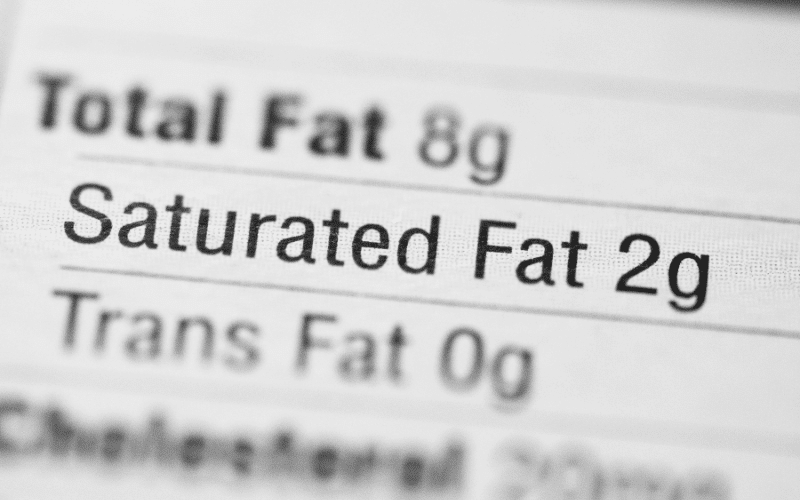Food 4: Saturated Fats

While the nutritional discourse on fats has evolved significantly, recognizing the value of “good fats” like monounsaturated and polyunsaturated fats, not all fats are created equal. Foods high in saturated fats can contribute to the development of heart disease, a condition closely linked with afib.
Saturated fats are typically found in animal products like red meat and full-fat dairy products, as well as in many processed and fast foods. Consuming high amounts of these fats can lead to higher levels of low-density lipoprotein (LDL) cholesterol, often labeled the “bad” cholesterol. High LDL cholesterol can lead to plaque buildup in the arteries, known as atherosclerosis, which can increase the risk of heart disease and stroke.
In the context of afib, saturated fats can contribute to obesity and high blood pressure, two well-established risk factors for afib. Therefore, a diet low in saturated fats and high in unsaturated fats, like those found in fish, nuts, seeds, and avocados, can contribute to maintaining a healthy heart rhythm.
Adopting a Mediterranean-style diet, rich in fruits, vegetables, whole grains, and healthy fats, can be a good starting point for individuals with afib. However, always remember, changing your diet is a big step and should be done under the supervision of a healthcare professional. (4)